 The horse’s hindgut (large colon) is populated with billions of micro-organisms that help digest the large quantities of cellulose (a type of complex carbohydrate) consumed in a forage-based diet. Horses cannot digest cellulose themselves and depend upon bacteria, protozoa, fungi, yeasts and archaea to convert this complex carbohydrate into volatile fatty acids which the horse can absorb and use for energy. This population of microorganisms in the large colon is called the large colon microbiome. Feces are sometimes used as a crude indicator of colonic contents (and therefore colonic microbiota) due to the ease of collection. It is increasingly being realized that many factors including diet, stress, antibiotics and worming can affect the microbiome and this is a rapidly expanding area of research.
The horse’s hindgut (large colon) is populated with billions of micro-organisms that help digest the large quantities of cellulose (a type of complex carbohydrate) consumed in a forage-based diet. Horses cannot digest cellulose themselves and depend upon bacteria, protozoa, fungi, yeasts and archaea to convert this complex carbohydrate into volatile fatty acids which the horse can absorb and use for energy. This population of microorganisms in the large colon is called the large colon microbiome. Feces are sometimes used as a crude indicator of colonic contents (and therefore colonic microbiota) due to the ease of collection. It is increasingly being realized that many factors including diet, stress, antibiotics and worming can affect the microbiome and this is a rapidly expanding area of research.
A recent study by Salem et al (2019) investigated if acute large intestinal colic is associated with changes in the equine colonic microbiome. Nine horses admitted for large intestinal colic surgery and five control horses admitted for orthopaedic surgery were included in the study. Fecal samples were collected from all horses on admission, during hospitalization and for 28 days following discharge. Colonic content samples were also collected from colic horses during surgery. Bacterial DNA was extracted and sequenced from the samples and statistical analyses performed to evaluate microbiome differences between colic horses and control horses.
The authors found that colonic samples from large colon colic cases had fewer species when compared with fecal samples from the same horse, leading the authors to conclude that acute changes in the colonic microbiota are associated with large intestinal forms of surgical colic. There was no difference in fecal microbiome diversity between colic and control horses although the low number of horses studied limits further interpretation of this finding.
Colic surgery dramatically disturbs the hindgut microbiome and recurrent colic is a frequent post-operative complication of colic surgery which has been proposed to be due to a delay in repopulating the gut microbiome following surgery. This study supports a reduction in microbiome species diversity in large colon, but not fecal, samples from horses with large intestinal colic. It is unclear however whether this is a cause of colic or altered colonic motility.
Supporting a diverse and stable microbiome, particularly following dietary changes, antibiotic treatment, colic, periods of stress, travel, diarrhea or worming may be helped by feeding pre- and probiotics. Probiotics provide a live source of organisms for the gut. Prebiotics provide a source of food for the micro-organisms.
Top Tips for Probiotic Feeding:
• Ensure the probiotic contains micro-organisms that are alive!
• Ensure you are giving an adequate number of micro-organisms – look for products supplying over 1 x 1011 colony forming units (CFU) per gram.
• Ensure they are protected so they reach the desired location, i.e. the colon, and are not digested by stomach acid.
• Addition of prebiotics also supplies a source of energy for the micro-organisms.
• Only live yeasts are permitted to be used as probiotics in horses in the UK.
Click HERE for full study.
Click HERE for Stomach, Hindgut, and Digestion products.

